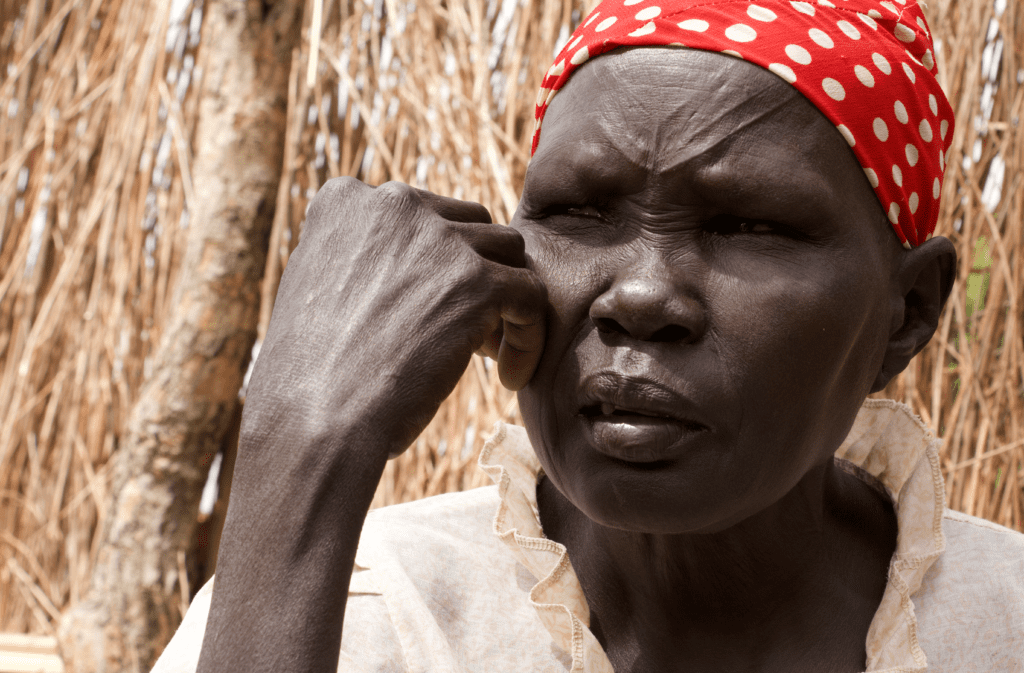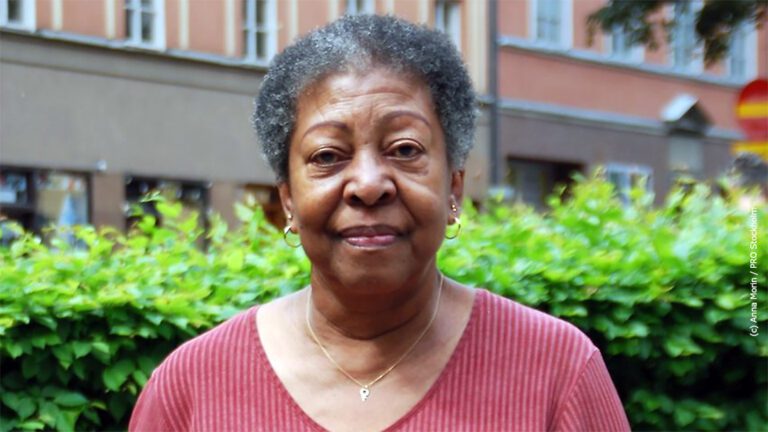
By Prudence Woodford, PRO Global
As an older woman who has worked on gender equality issues and women’s rights for nearly 50 years, I feel very let down by the final Global Acceleration Plan for Gender Equality that was launched at the UN Generation Equality Forum in Paris at the end of June 2021.

A personal and professional journey
In many ways, both personal and professional, my life has been inter-connected with the pathway of the UN World Conferences on Women.
I began my anthropological field research on rural women, livelihoods, kinship, and gender issues in Ghana in 1975. It was the same year as the very first UN World Conference on Women was held in Mexico City. That’s also when the UN Decade for Women was launched.
When the subsequent UN Convention on the Elimination of All forms of Discrimination Against Women (CEDAW) was adopted in 1979, I had become a lecturer at Stockholm University and was using my anthropological work to influence development cooperation policy and programs. I continued in this role during the two further world conferences in 1980 (Copenhagen) and 1985 (Nairobi).
I was entering my 50th year of life when the Fourth UN World Conference on Women was held in Beijing in 1995.
This meeting resulted in the ground-breaking Beijing Declaration and Platform for Action, which presented an ambitious vision and template for advancing women’s rights globally. It contained substantial points about the inclusion of “women of all ages” and in all their diversity. And it also recognized the importance of older women’s voices and experiences and their contribution to society.
The Generation Equality Campaign through the eyes of an older woman
I’m now 75 and it’s no surprise that I viewed the Generation Equality Campaign – which aimed to commemorate the 25th anniversary of the Fourth World Conference on Women in Beijing – through the eyes and experiences of the older woman and gender equality activist that I am.
My older relatives, friends, colleagues, and I have experienced first-hand age discrimination and the increasing invisibility and imposed vulnerability that comes with getting older. For example, ageist attitudes in the workplace have led to discrimination against my older women peers in recruitment processes. And we are among the more privileged in society, what about those older women who live in poverty, or have few resources?
It is essential that all global efforts towards gender equality incorporate the needs, interests, and experiences of women of all ages and from all backgrounds.
The Forums, held this year in Mexico and Paris, aimed to re-energize the commitments of the Beijing Declaration and Platform for Action, and to galvanize actions towards gender equality over the next five years. I was therefore hopeful it would result in new and transformative commitments to tackle the inequality that women experience throughout their life, including in older age.
I was buoyed by the meticulous work that PRO Global, CONCORD Sweden’s gender working group, and the HelpAge global network conducted to advocate for older women’s rights. However, it was disappointing that civil society organizations were not always consulted or kept well informed of how to participate in the Forums’ preparations.
There were few older women included in the event programs during both Forums and older women who were present didn’t address older women’s issues. Speakers seemed generally to either lack a nuanced understanding or to be unaware of the importance of raising older women’s roles and experiences, for example, their significant economic contributions.
A step backward
While I welcome many of the outcomes of the Forum, such as the increased financial investments in gender equality, I was disappointed that the final Global Acceleration Plan fails to address the specific barriers older women face.
For example, the blueprint on Economic Justice and Rights ignores the challenges older women experience as providers of care to their families and communities. Instead, it reinforces negative perceptions of older women only as recipients of care. And yet, according to a recent study by Age International, 4.3 hours of older women’s care work per day remains unpaid.
Older women’s unpaid care work contributes to our economies and enables younger generations to study and work. However, the lack of support available to older women has an impact on their health and limits their access to decent work. We must recognize older women’s unpaid care contributions and ensure that commitments support carers of all ages.
The Plan also fails to recognize and commit to addressing the absence of older women in official economic statistics and other data, ensuring that older women’s paid and unpaid work remains invisible and uncounted.
Building an equal future for all ages
Going forward, it will be important to remind ourselves of what has already been achieved that we can and must build upon.
I feel strongly that promises made since 1975 to promote the empowerment of women in all their diversity, including older women, have not been kept in the Generation Equality Campaign.
The fact that older women have not been considered relevant or taken seriously in the Global Acceleration Plan is not a mere oversight. It is a testament to the continued gender and age discrimination we face.
However, I hope we can use this disappointment to fuel our collective resolve to achieve a UN convention on the rights of older people. Such a mandate will provide another tool through which we can work towards gender equality and the protection of older women’s rights. And older women like me, who have championed gender equality all their lives, will finally feel that age is taken into account.
This piece was originally published by HelpAge International.
